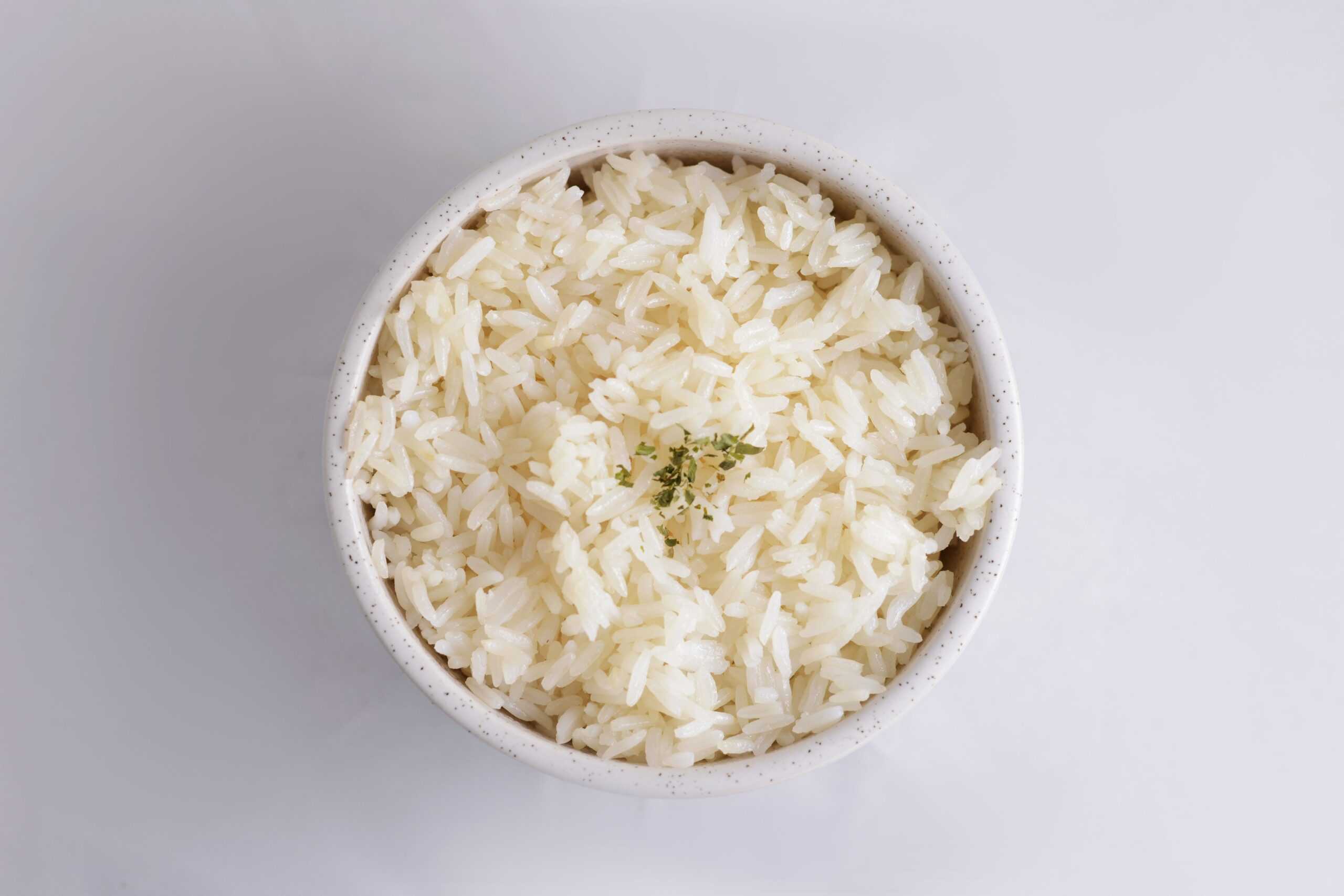One starch makes you lean and healthy. You’ve heard the term—resistant starch—but you might not understand exactly how these nutrients give you better digestion, prevent diseases, and help with weight loss.
Here’s the rundown on resistant starches, and why it’s the secret weight loss hack you didn’t know.
What Are Resistant Starches?
Most of the carbohydrates that you eat are called starches. Starches are the type of carbohydrate that breaks down into glucose (sugar) when it hits your digestive system.
One type of starch, however, doesn’t follow the usual script — resistant starches.
This type of starch navigates through your digestive system differently and is not digested in the small intestine, at least by you. It is digested only by the bacteria in your gut. This produces a whole host of beneficial molecules that promote healthy blood sugar and gut flora.
When resistant starches reach your gut, the hundreds of species of bacteria in your gut start to digest and ferment the starch. This stimulates the growth of more beneficial bacteria, crowding out any bad gut bacteria.
When you eat resistant starch, it resists digestion and it doesn’t spike your blood sugar or insulin levels. It acts as a pre-biotic, fertilizing your healthy gut bacteria, or microbiome.
Your gut microbiome is profoundly connected to almost every part of your health. Imbalances in gut flora have been linked to many health problems like obesity, diabetes, heart disease, and even autoimmune disease, inflammatory bowel disease, cancer, depression, and anxiety.
4 Important Types of Resistant Starch
Maybe you’ve heard about how good resistant starches are for our health, but did you know there are four different types? They’re not all created equal. Here’s a rundown:
- Type I is found in grains, seeds, greens, and legumes. This type is physically protected by fibrous cell walls. These resistance starches will decrease if the foods are milled or chewed too much.
- Type II is found in foods like raw potatoes, raw plantains, and green bananas.
- Type III, also known as retrograded starch, is created when foods like potatoes and rice are cooked and then cooled.
- Type IV is manmade in a lab through a chemical process.
So which types should you be consuming? Types I and III, which are found in whole foods are most beneficial. Type II, found in raw potatoes and bananas is hard for most to find appetizing. Type IV, being man-made, won’t benefit your body like those found in healthy, whole foods.
Starch or Superfood? The Benefits for Your Body
Even experts who demonize refined carbs recommend resistant starches. This special type of starch has remarkable healing properties, including improving your metabolism, improving your blood sugar, and even optimizing your gut flora in a way that helps promote weight loss.
Improved Insulin Sensitivity
Researchers have found that resistant starches have some incredible potential to improve insulin sensitivity. When resistant starches reach your colon, the bacteria there begin to break them down. This results in their fermentation, producing short-chain fatty acids, including butyrate, which increases insulin sensitivity. In other words, more resistant starches in your diet means more control over your insulin sensitivity.
Balanced Blood Sugar Levels
Another huge advantage of adding more resistant starch to your diet is its effect on blood sugar. Resistant starches, when paired with protein and fat prevent rapid spikes in blood sugar. If you have diabetes, increasing your daily count of resistant starch can make a big impact on your health journey.
Better Gut Bacteria
Resistant starches also give your digestive system a health boost. These nutrients promote the growth of healthy bacteria in your gut. They also help lower intestinal inflammation and your risk of colorectal cancer.
Enhanced Heart Health
Resistant starches’ ability to lower cholesterol levels and promote healthy blood sugar control means your heart is in luck. This nutrient offers big cardiovascular health benefits. Additionally, it may regulate the sympathetic nervous system, a key factor in preventing heart disease.
Weight Loss
As resistant starches move through and benefit our digestive systems, they also decrease our appetites, leaving us feeling full and satisfied after a meal. Resistant starches are also typically lower in calories compared with other starches, making calorie control for weight management easier.
This Trick Increases Resistant Starches
Adding resistant starches to your diet is easier than you might think. You can increase the amount in your diet by eating foods rich in resistant starches like plantains, green bananas, beans, peas, lentils, and whole grains.
This trick, however, transforms average starches into resistant ones. When your meal includes starchy foods like rice, pasta, and potatoes, cook them and then let them cool.
Here’s how it works: When these starchy foods are cooked and then cooled, the starch in them changes and becomes more resistant. This means that what was once easily digested starch transforms into the resistant type.
This cook-then-cool trick boosts the resistant starch content of the starchy foods you eat. If you’re a fan of potato salad or cold rice dishes, you’re in luck!
Here’s a bonus: You can reheat these foods too. You know that delicious pasta dish you cooked yesterday and stored in the fridge? Or the rice and chicken leftovers you packed up? Warm them up for lunch. The resistant starches in your cooled dish will remain even after you reheat your meal.
Learn This Term for Easier Weight Loss
If someone asked you to explain what insulin sensitivity means, could you? Insulin is the number one fat-storing hormone in your body. Understanding how it works is key to efficient weight loss.
In LEAN, our core principles revolve around improving your insulin sensitivity. We work with your diet, exercise routine, and habits to train your body’s cells to respond more effectively to insulin.
Whether you’re striving for better blood sugar control, enhanced gut health, cardiovascular wellness, or weight loss, this versatile starch is a valuable addition to your diet.
Leveraging resistant starches is just one lifestyle shift you can take to control insulin and lose body fat easily. Try our cool and reheat technique this week!





